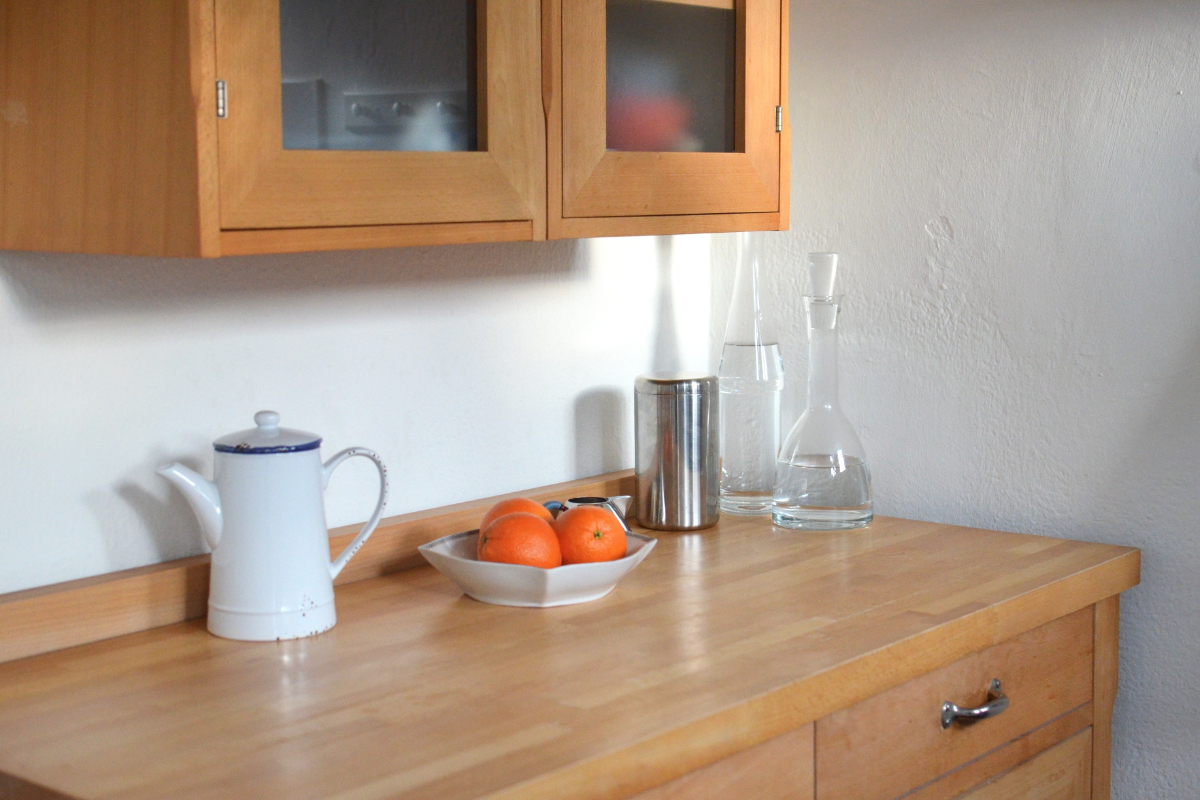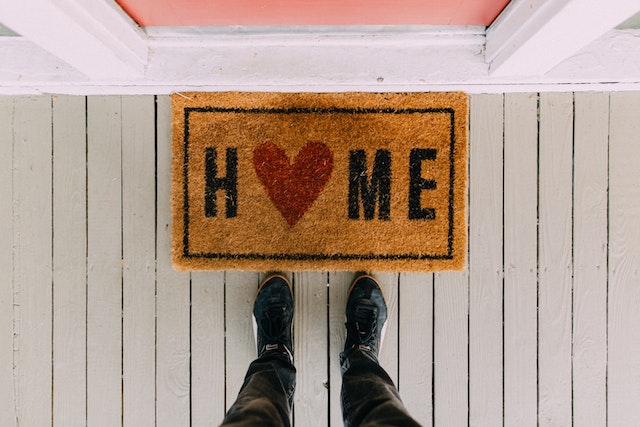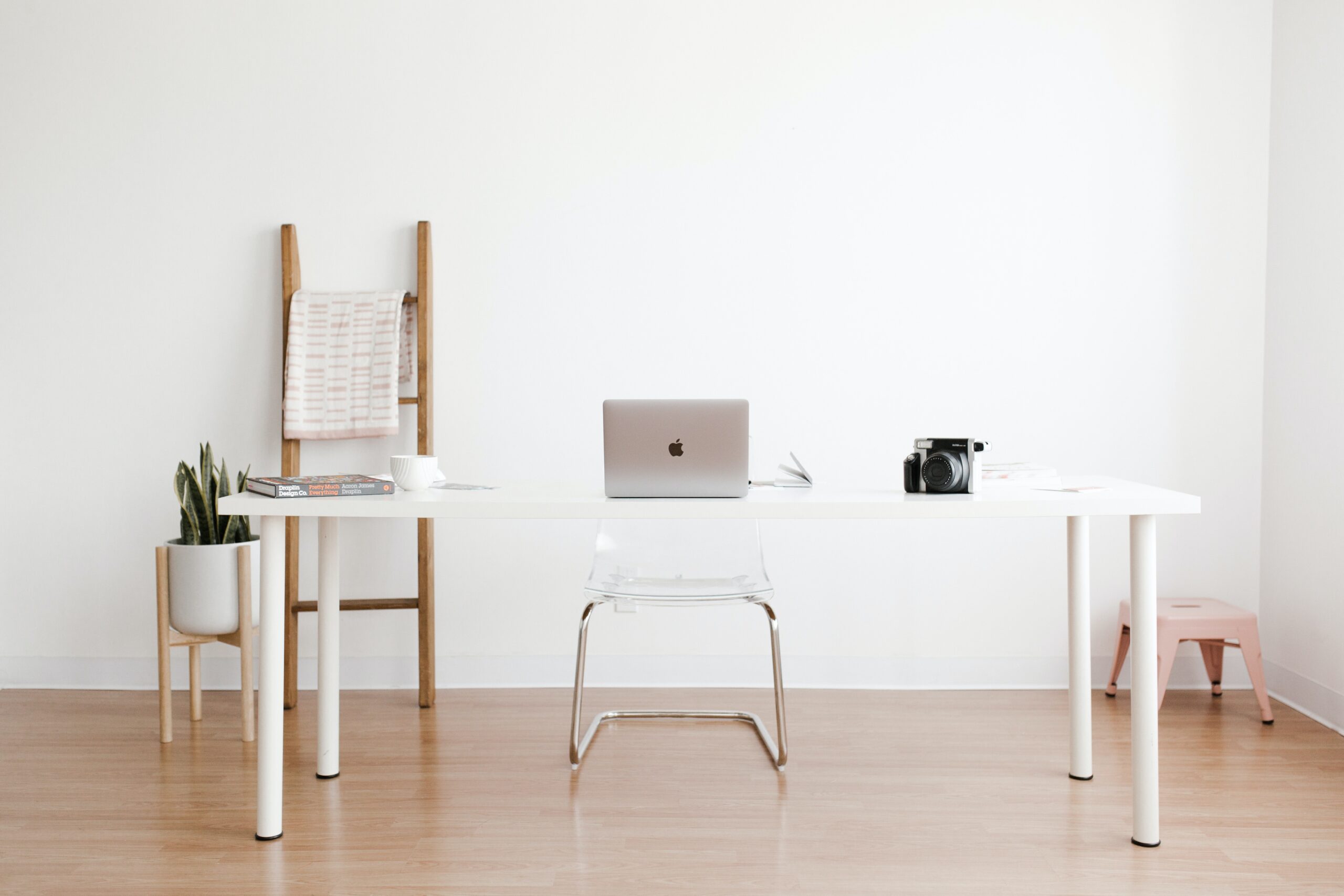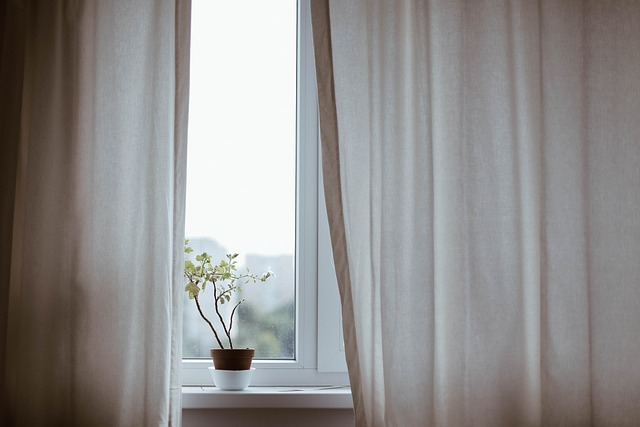How Simplifying Can Help You De-Stress
There are some affiliate links below, but they are all products I highly recommend. For more info, view my disclosure here.
We all know how difficult it can be to manage our stress levels in the face of daily life and its many responsibilities. Wouldn’t it be great if there was an easy way to reduce that tension? Fortunately, there is: simplifying your life. Simplifying can help us de-stress in a number of ways, including giving us more time for ourselves, reducing the chaos in our lives, and allowing us to focus on what matters most. In this article, we will explore how simplifying can help you de-stress and live a more peaceful life.
Simplifying involves taking stock of what is important to you and letting go of the things that clutter your life. By clearing away the unessential elements of your daily routine, you have more time and energy for what really matters. You no longer have to worry about managing a million different tasks or being bogged down by unnecessary obligations. Instead, you can focus on what’s truly important to you.
Additionally, simplifying can help reduce overall stress levels by eliminating chaos from our lives. When we simplify, we choose not to engage with certain activities or people that cause us distress or anxiety. This gives us more control over our lives and allows us to create a calmer environment for ourselves. Through simplifying our lives, we can enjoy a greater sense of peace and balance which leads to less stress overall.
Take A Mental Break
Getting overwhelmed and stressed out is a common problem many of us face in our daily lives. But simplifying can help to de-stress and take back control of your life. One way to do this is by taking a mental break.
Taking a mental break doesn’t have to mean taking an extended vacation or quitting your job, it simply means stepping away from the situation for a period of time. This could involve removing yourself from the source of stress, like leaving the office at lunchtime or putting down the phone during an argument. Creating physical distance between you and the stressor can allow you to gain perspective and clarity on what’s causing the stress.
It can also be helpful to take some time out for yourself by doing something that you enjoy, like reading a book, going for a walk, or watching your favorite show. Taking a few moments each day for yourself will help clear your mind so that when you return to the stressful situation, you are better equipped to handle it with sound judgement and thoughtfulness. Allowing yourself brief moments of peace can go a long way towards reducing stress levels in the long run.
Making time for rest and relaxation is an important part of keeping stress at bay – even if that means taking regular short breaks instead of one big one.
Prioritize Your Tasks
When it comes to de-stressing, simplifying is key. One of the best ways to do this is by prioritizing your tasks. This means taking a step back and figuring out what needs to be done first and most urgently. By focusing on the important tasks that need to be completed, you can avoid getting overwhelmed and ensure that everything gets done in a timely manner.
Instead of trying to accomplish all of your goals at once, break them up into smaller chunks so they’re easier to manage. Start with the big tasks and work your way down from there. Don’t forget to take regular breaks – it’s easy to get caught up in the stress of completing tasks but taking a few minutes away from your work will help you stay productive in the long run.
In order to de-stress, it’s essential that you prioritize your tasks. You don’t have to complete every single task right away; focus on what needs to be done first and most urgently. Make sure you take regular breaks as well, so that you don’t become overwhelmed by all of your responsibilities. When it comes down to it, simplifying can make all the difference when it comes time for de-stressing!
Streamline Your Processes
Now that we have prioritized our tasks, it’s time to move on to the next step in de-stressing: streamlining our processes. Streamlining is all about making things easier and more efficient. It can involve anything from reducing the number of steps involved in completing a task, to eliminating unnecessary items or tasks altogether.
When it comes to streamlining our processes, we need to take a close look at what we’re doing and ask ourselves if there’s an easier way of doing it. Is there something we can cut out that isn’t necessary? Are there any elements of the process that are taking up too much time or energy? If so, see what you can do to make them simpler or quicker.
By streamlining our processes, we can free up valuable time and reduce stress levels significantly. This also allows us to focus more on the tasks that are truly important instead of wasting time on those which aren’t adding value. The result is less stress and an overall more efficient workflow.
Break Large Projects Into Smaller Tasks
Breaking large projects into smaller tasks is an effective way of simplifying and reducing stress. It can be overwhelming to have a huge project looming over you; however, breaking it down into smaller, more manageable chunks can make the task seem much less daunting. By creating subtasks and focusing on one at a time, it’s easier to keep track of progress and complete the job efficiently.
Furthermore, breaking down a project into smaller pieces allows for easier delegation of tasks to others. This helps alleviate some of the burden, allowing you to focus on the aspects you enjoy or are good at while having someone else tackle what they’re best at. As a result, the project will get done faster and with fewer issues since everyone is working together towards a common goal.
Taking this approach also gives us an opportunity to celebrate small victories as we complete each piece of the puzzle. Completing subtasks along the way gives us confidence that we can finish our project successfully, making it all the less stressful when we finally do!
Simplify Your To-Do List
Breaking down large projects into small tasks is a great way to simplify and de-stress, but simplifying your to-do list can be even more effective. By cutting out any unnecessary items, you’re left with only the things you need to do. This means that there’s less chance of getting overwhelmed or procrastinating on a task.
To simplify your list, make sure it’s organized and everything is in order. Prioritize the most important tasks first and then work through them one by one. If something isn’t urgent, consider deferring it until later or even removing it from the list altogether. Doing this will help you focus on what matters most and reduce feelings of stress and anxiety.
It can also be helpful to break each task down into smaller steps. This will make it easier to manage larger tasks without feeling overwhelmed by their size or complexity. Additionally, giving yourself deadlines for each step can help you stay on track and motivate yourself to finish the task in a timely manner. By following these tips, you’ll be able to create an effective to-do list which will help de-stress and make life simpler.
Create A Routine
Creating a routine can help reduce stress by organizing your day-to-day tasks and responsibilities. This will give you a sense of control over the chaos that can often come with life. You’ll know what to expect and when, which will help you stay on track and keep your stress levels low.
One way to create a routine is to break up each day into sections. For example, set aside time for work, exercise, relaxation, and self-care. Then plan out how much time you’ll dedicate to each activity in order to create balance in your life. This can be particularly helpful if you are juggling multiple commitments or projects at once.
Finally, be sure to build in flexibility into your routine so that it doesn’t become too rigid or overwhelming. Allow yourself some wiggle room for changes or adjustments as needed so that you don’t feel like you have no control over your schedule and environment. With an organized daily routine, you can enjoy more peace of mind and less stress overall.
Read Next: Capturing Memories Without Mementos
Embrace Minimalism
Minimalism is a great way to help de-stress and simplify your life. It involves removing clutter, or anything that doesn’t have any real purpose in your life. By getting rid of the things you don’t need, it can help to reduce stress and provide more space for the things that matter most. Minimalism isn’t about having nothing; it’s about having just enough.
When it comes to embracing minimalism, start small and work your way up. Begin by clearing out the areas of your home that tend to be cluttered, like closets and countertops. Then focus on reducing the number of items you own, letting go of pieces that no longer serve any purpose in your life. Finally, look at how you can use fewer materials when purchasing items for day-to-day living—from clothing to food—so that there’s less waste in your home and you’re using resources more efficiently.
By decluttering and reducing our possessions down to only what truly matters, we can create more space in our lives for the activities we care about most. This simplification will help us feel less overwhelmed and allow us to focus on what brings us joy or peace. Taking steps towards minimalism is a great way to de-stress and find balance in our lives.
Practice Self-Care
Self-care is an important part of simplifying your life to reduce stress. Taking care of yourself means taking the time to do activities that make you feel relaxed, energized and empowered. Self-care can be anything from a long walk in nature or reading a book to drawing or engaging in your favorite hobby. It’s important to make time for yourself, even if it’s just for 10 minutes a day.
Practicing self-care doesn’t have to be expensive or complicated; it’s often the simple things that can make the biggest difference when it comes to de-stressing. You don’t need to sign up for an expensive spa day or take a luxurious vacation; all it takes is setting aside some time every day and doing something that makes you feel good.
It’s also important to recognize that self-care isn’t selfish – it’s essential for health and wellbeing. Taking breaks and giving yourself permission to relax can help boost your energy levels and improve your overall emotional state. So give yourself a break and enjoy some much needed rest – you deserve it!
Get Organized
Organizing can be an incredibly helpful way to reduce stress. It’s surprisingly easy to feel overwhelmed and stressed out when your environment is chaotic, but by taking the time to get organized you can create a sense of calm and order in your life.
Getting organized starts with breaking down tasks into manageable chunks and then tackling them one at a time. Look around your home or workspace and start sorting through things that are cluttered or disorganized. Put items in their proper place and throw away anything that isn’t needed anymore. When you’re done, take a moment to appreciate how much better it looks now that everything has been put away properly and there’s no more clutter.
You may also want to create a system for tracking tasks so that nothing falls through the cracks. This could be something as simple as writing down things on a notepad or using an app like Trello to keep track of what needs to be done each day. This will help ensure that nothing is forgotten and allow you to stay on top of any projects or commitments you have made.
By getting organized, you can free up mental energy which would otherwise be wasted worrying about forgetting something or feeling overwhelmed by all the different elements in your life. Taking the time to organize can help bring clarity and peace of mind, allowing you to focus on other important things without having to worry about clutter or chaos.
Take Time To Unwind
Taking time to unwind is an important part of reducing stress. It’s essential to make sure that you’re taking time out of your day to focus solely on yourself and relax. This could be anything from having a bubble bath, reading a book, or going for a walk. Taking breaks during the day can also help reduce stress levels as it gives your mind a chance to reset and take in some fresh air.
When it comes to unwinding and de-stressing, there are many different ways that you could go about doing it. Whether it’s listening to music, watching tv, or simply just sitting and enjoying the silence – making sure that you find something that works for you is key. It’s also important to remember that even if what you do doesn’t feel like it’s helping, sometimes just taking some time away from the situation can be enough to help relieve the stress.
Finding what works best for you when it comes to de-stressing is essential in order to ensure that you’re able to manage your stress levels effectively. Taking the time out of your day for yourself can help create a sense of calm and help prevent feelings of overwhelm from arising. Take the time now to find something that works for you – it could just be what helps keep your mind at ease!
Simplifying can be a powerful tool for helping to reduce stress. By taking the time to prioritize tasks, break down large projects into smaller tasks, streamline processes, and embrace minimalism, you can make life easier and less stressful. Additionally, it is important to practice self-care and take breaks in order to maintain balance. Finally, getting organized and spending some time unwinding can help improve productivity and mental health. Taking these steps can help create more space in your life and mind so that you have the energy to focus on what matters most. With a little bit of effort, simplifying your life can help reduce stress levels and make way for more meaningful experiences.






